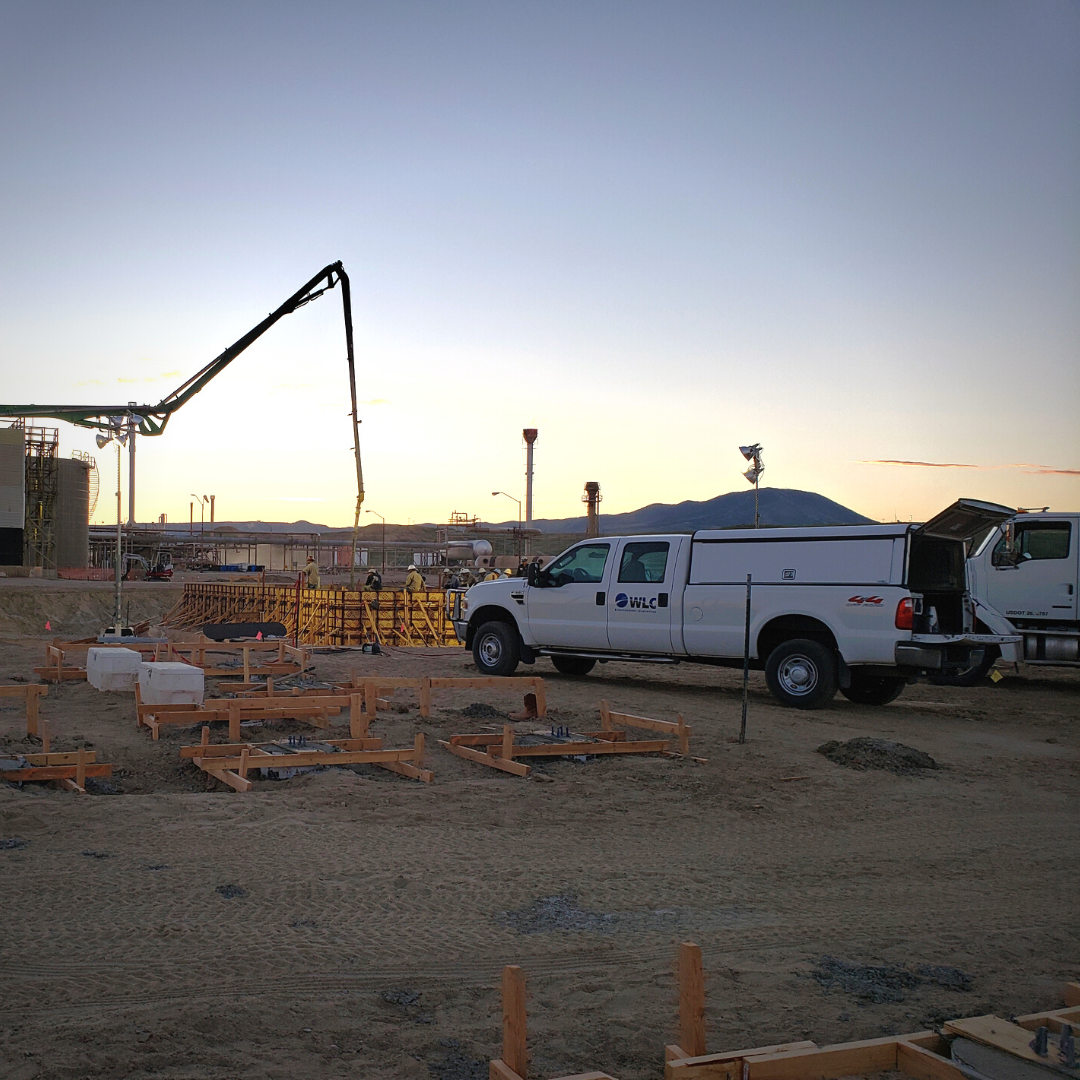Hear it from the expert’s mouth. Read three truths from a civil engineer that will help your project run smoothly and remove a few surprises.
Environmental Issues May Cause Delays
Civil engineering projects rely on both the environment of the project site, and the weather at the project location. Environmental issues on the project site such as soil contamination, sediment transport from runoff, and other underlying site conditions may cause a delay in your project. Weather or natural disasters can also cause project delays. Extreme weather events such as wind, hail, heavy rains, and snow can be severe enough to have an impact on the timing of a project. Infrastructure projects are outside and therefore rely on weather conditions suitable for work. For this reason, especially in Wyoming and Colorado, you can expect weather events to impact your project. To mitigate weather impacts, plan the project timing carefully so construction can occur during the best window of opportunity for suitable weather. This means project design should be occurring during the late fall to early winter months. This ensures you procure a contractor in time to take advantage of the spring and summer weather conditions. Environmental issues can be mitigated by utilizing a geotechnical engineer to collect and analyze soil samples in the early stages of project design.
Understand the Contract
Before signing any contractual agreements, it is important that each party fully understands everything outlined in the contract. The scope of work, payment terms, responsibilities of each party, and other items of the contract can be reasons for disputes. To help mitigate this, set clear project expectations aligned with your contract, define your objectives, plan for unexpected events, and maintain open communication throughout the entire project. Understanding the contract before signing is critical to help prevent project disputes. Although you can’t account for unforeseen events, having terms laid out before hand makes for a smoother process.
Don’t Hire Just Anyone
When it comes to your civil engineering project, don’t hire the first and cheapest firm that responds to your RFP. Take the time to research qualified civil engineers with a portfolio in similar projects to prove their work. Civil engineering projects require reliability and sustainability. You’ll want to ensure the firm you’re hiring has a history of successful projects to prove their capability as well as the resources, experience, and service to complete these projects. Consider each firm carefully in both their work and client relations and remember: you get what you pay for.
Civil engineering projects are complex and require a great deal of planning and execution. When it comes time to plan and execute your project, keep these three points in mind. If you have questions before beginning your project, reach out to our team for the answers and solutions you need.

